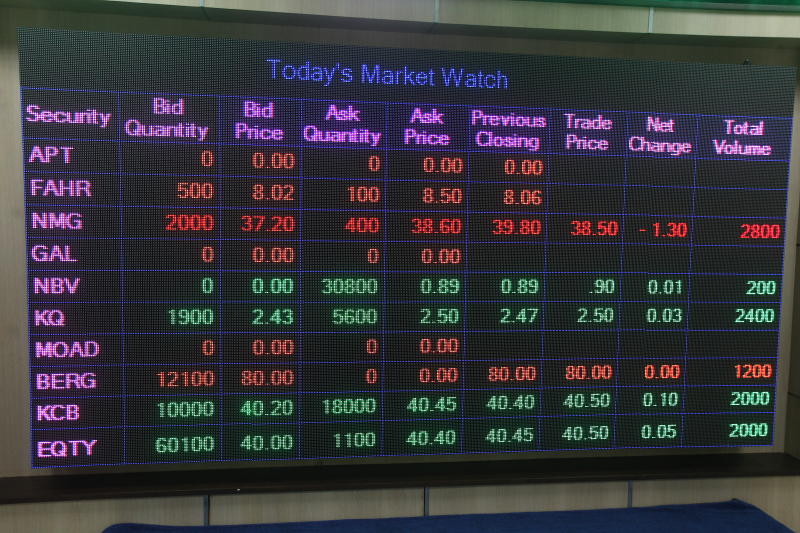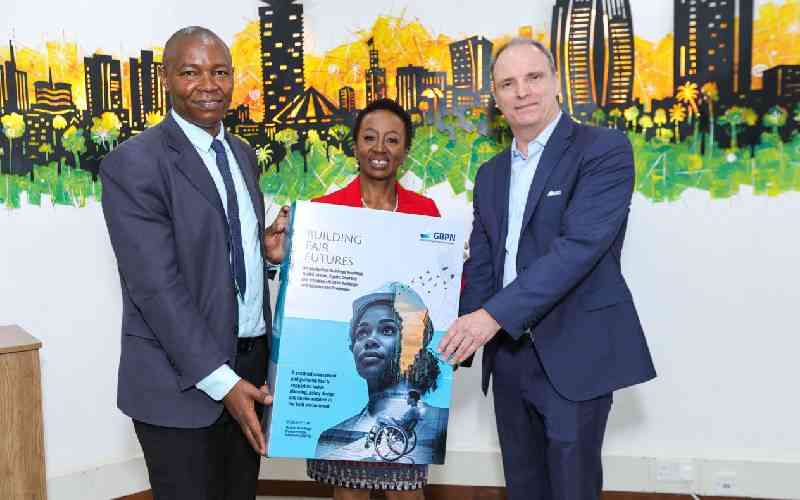×
The Standard e-Paper
Fearless, Trusted News

The value of investors’ wealth at the Nairobi Securities Exchange (NSE) today touched 12-month low, majorly pulled down by Safaricom as foreign investors sustained selling.
Market data shows investors’ paper wealth has in the last seven days of trading dropped by Sh79.91 billion with Safaricom touching levels last seen 15 months ago.






